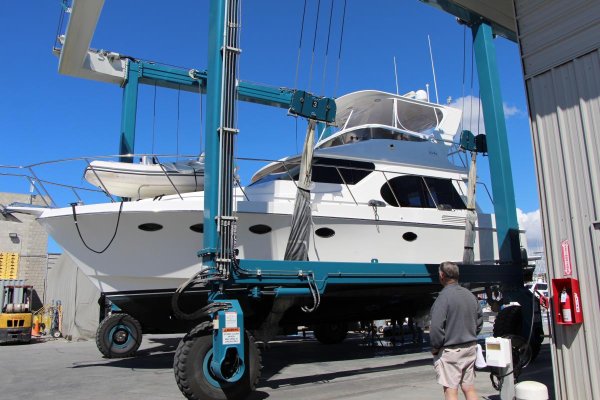seattleboatguy
Senior Member
I'm doing some retirement planning, and my lawyer has suggested setting up a Trust for my Estate. When I mentioned I would be swapping my sailboat for a trawler soon, he suggested letting the Trust be the owner of the boat. Has anyone else done this? Are there implications for things like insurance and leasing a marina slip?


